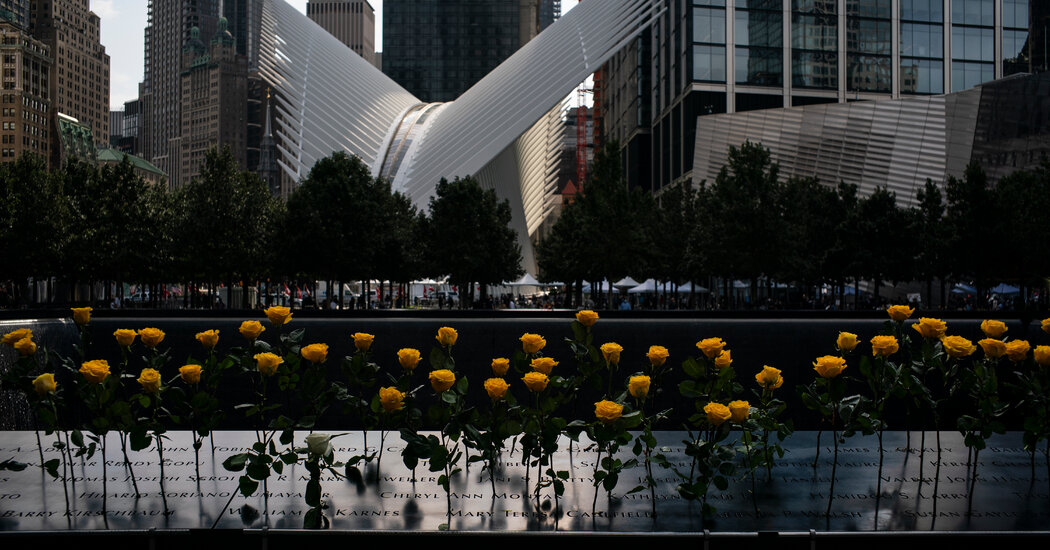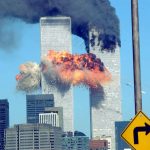
WASHINGTON — The F.B.I. released a newly declassified document late Saturday describing connections that the agency examined between the hijackers and the Saudi government in the years since the Sept. 11, 2001, attacks, although it contained no conclusive evidence about whether the kingdom played a role in the attacks.
The 16-page report, which was issued hours after President Biden arrived at the World Trade Center memorial in Lower Manhattan, is the first document to be released since the president last week moved to declassify materials that for years have remained secret.
Families of the Sept. 11 victims have long pushed for a deeper investigation into any possible role the Saudi government had in the attacks. Mr. Biden instructed the Justice Department and federal agencies in recent days to release declassified documents over the next six months after a group of hundreds of affected people — including survivors, emergency medical workers and victims’ relatives — told him to skip the memorial event at ground zero this year if he did not move to disclose some of those documents.
The document, which was heavily redacted, describes an interview conducted in November 2015 with a Saudi man, identified only as PII, who was applying for American citizenship. He detailed his work at the country’s consulate in Los Angeles and shared anecdotes about his personal interactions with embassy leadership. The document also summarizes his contact with people who investigators said had provided “significant logistic support” to two of the hijackers.
Some members of the commission that investigated the 2001 attacks believed that if the Saudi government had any role in the plot, it was likely to have involved consular officials.
But the document released on Saturday provided no new conclusive evidence about the Saudi government’s role.
Speculation around the possible Saudi role increased over the years because of the government’s refusal to declassify 28 pages of a 2002 congressional inquiry into the Sept. 11 attacks that specifically addressed possible connections between the kingdom and the terrorist plot.
The document was finally released in 2016, and it detailed numerous suspicious meetings between Saudi officials and the Sept. 11 hijackers, and checks from Saudi royals to operatives in contact with the hijackers. It was also an unflattering picture of the kingdom’s efforts to thwart American operations against Al Qaeda in the years before the attacks.
The question of whether any Saudi officials played a role in the Sept. 11 plot has festered for two decades despite numerous investigations into the attacks.
The Saudi government has long denied any involvement. Its embassy in Washington issued a statement this week saying “any allegation that Saudi Arabia is complicit in the Sept. 11 attacks is categorically false.”
In its 2004 final report, the Sept. 11 Commission said it had found no evidence that the “Saudi government as an institution, or senior Saudi officials individually funded” Al Qaeda. But some former commission staff members have pointed out that the careful wording of the report did not rule out the possibility that lower-ranking Saudi officials had helped the hijackers. They also said that the commission, operating under extreme time pressure, could not run every lead to ground.







